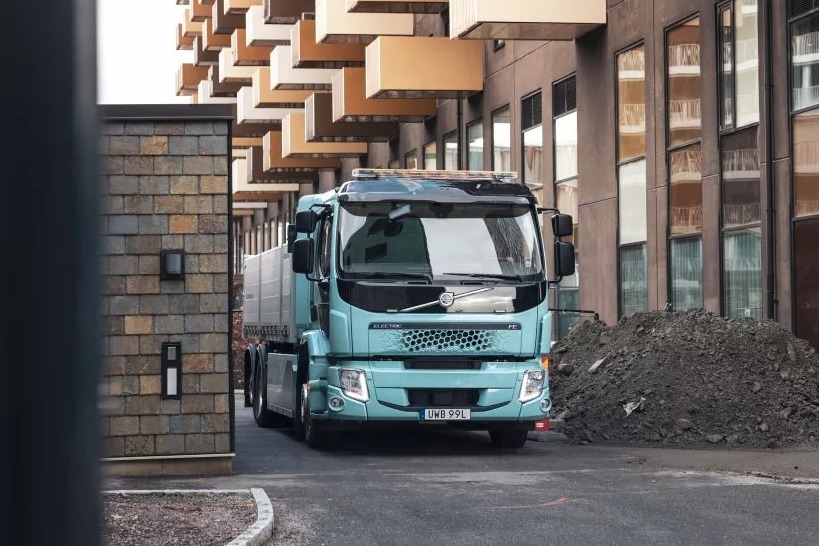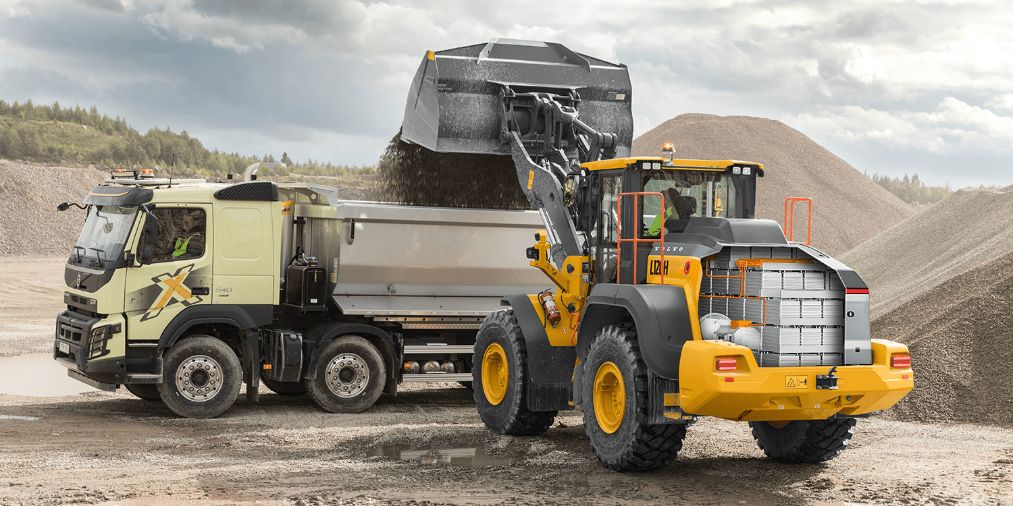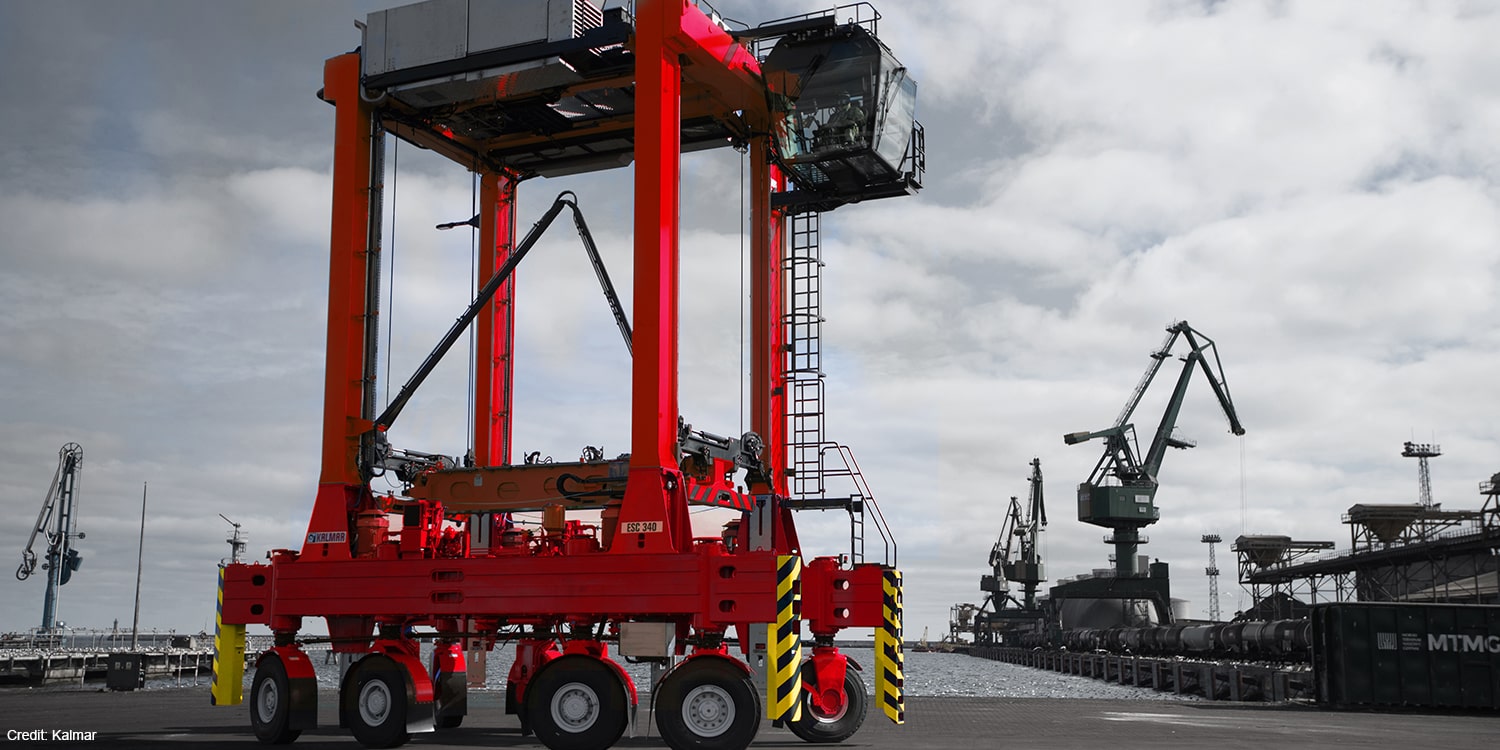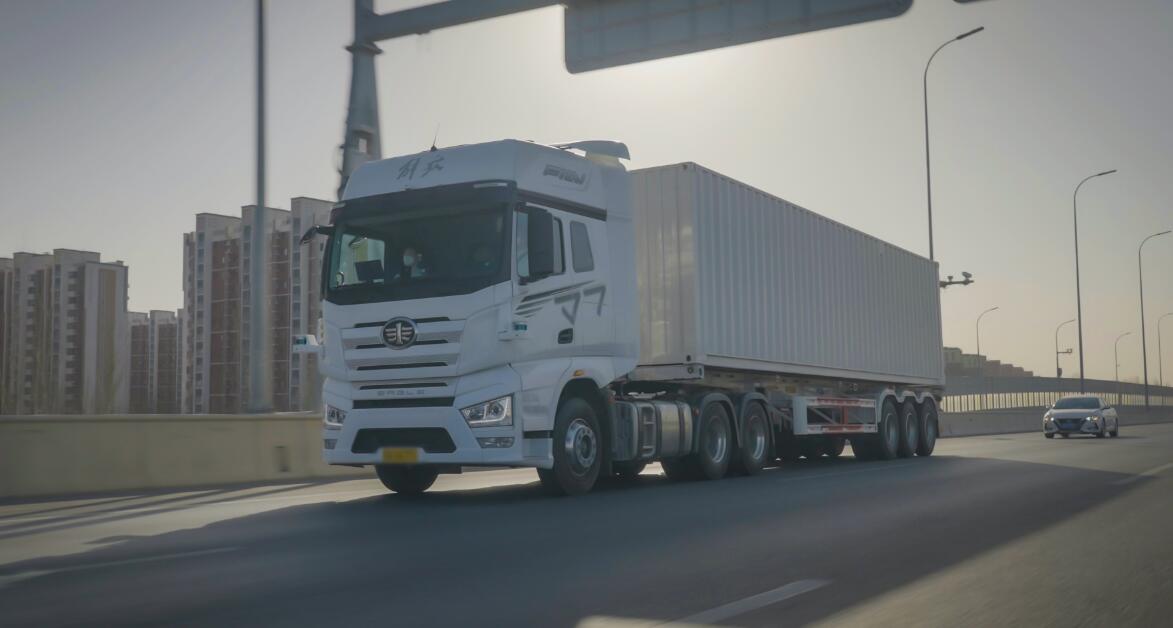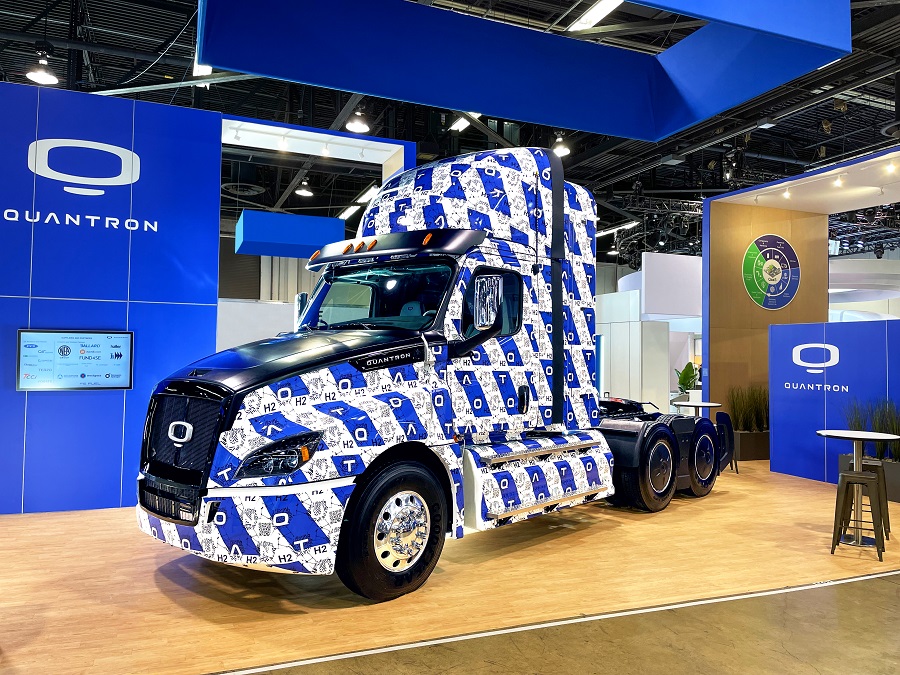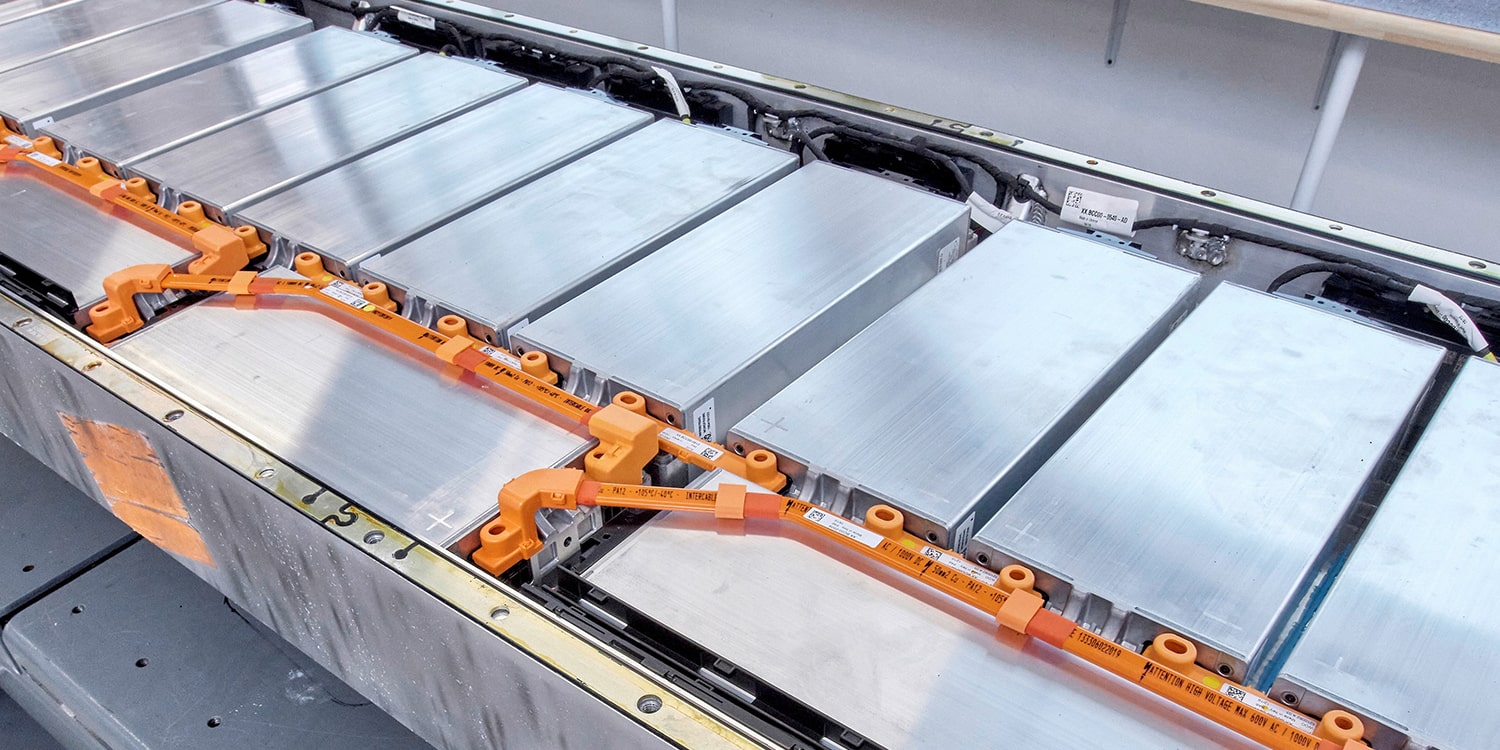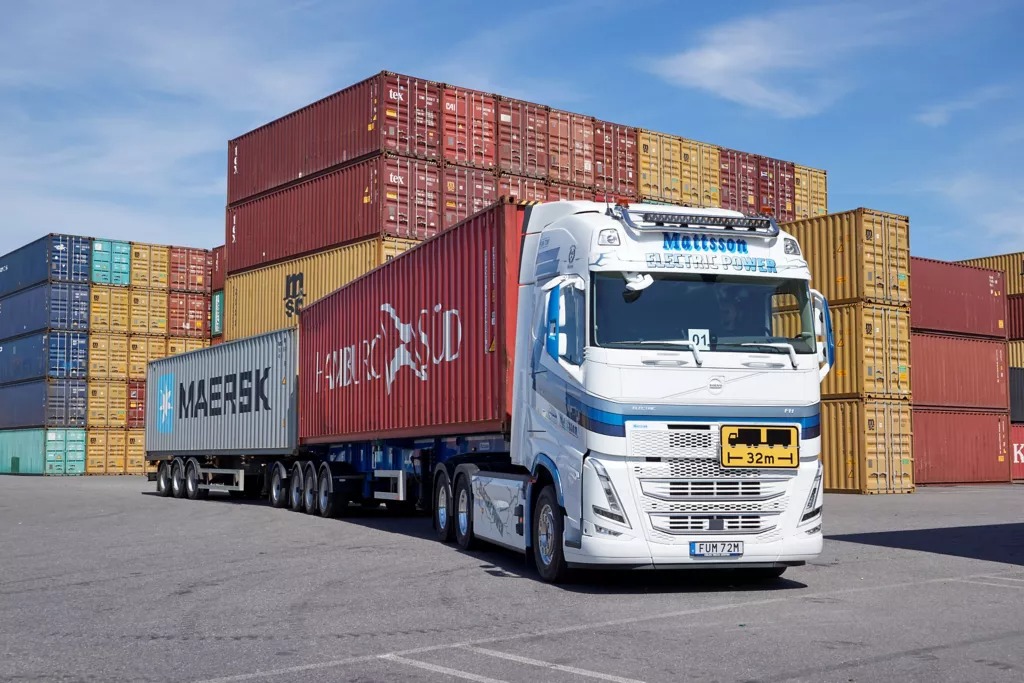Volvo Trucks is set to enhance the range of its medium-duty electric truck lineup by introducing improved batteries for the FL Electric and FE Electric models. These upgraded electric trucks are now available for order, with deliveries expected to commence in the autumn of 2023.
When the battery-electric Volvo FL was launched in 2019, customers could select between two and six lithium-ion battery packs, each with a capacity of 50 kWh. Over time, the manufacturer has increased the energy content per pack to 66 kWh. Taking another significant step forward, Volvo is now introducing battery packs with an additional 42% increase in energy capacity, equivalent to approximately 94 kWh. The exact details of this improvement have not been disclosed by the company.
The FL Electric can accommodate three to six battery packs, providing a total capacity ranging from 280 to 565 kWh. This allows for a distribution traffic range of 280 kilometers with three packs, extending up to 450 kilometers with six packs. The single-engine powertrain, which generates up to 180 kW at peak power, remains unchanged. However, Volvo has not released any information regarding the charging specifications. Previously, the truck was capable of charging at up to 150 kW at CCS charging points.
As for the FE Electric, the upgrade means the 27-tonne truck will feature a battery capacity ranging from 280 to 375 kWh (three or four packs) and offer a range of up to 275 kilometers for distribution transport without electro-mechanical power take-off (PTO). When equipped with electro-mechanical PTO, commonly used in refuse collection, the range is reduced to a maximum of 200 kilometers. The driveline remains unaltered, and the twin-engine drive can provide up to 225 kW.
Jessica Sandström, Senior Vice President of Product Management at Volvo Trucks, highlights the significant range improvement, stating, “With a range of up to 450 km, our electric trucks are ready to replace our customers’ entire fleet of diesel city trucks. Volvo FL and FE Electric produce minimal emissions and noise, which benefits the climate, the driver, and everyone in urban areas.”
Alternatively, customers have the option to choose smaller batteries, reducing the range but increasing payload capacity. Volvo notes that for each battery not carried, an additional payload of approximately 500 kg can be achieved. Sandström emphasizes the importance of working closely with customers to determine the optimal solution, as some prioritize payload capacity over maximizing range.
Volvo Trucks has already sold nearly 5,000 electric trucks across 40 countries worldwide since the introduction of its all-electric models in 2019. However, the company has not specified the breakdown by weight class. In addition to the medium-duty FL Electric and FE Electric trucks, Volvo also offers heavy-duty FH, FM, and FMX models in its electric portfolio. The company aims to have electric trucks account for 50% of all its global sales by 2030.

